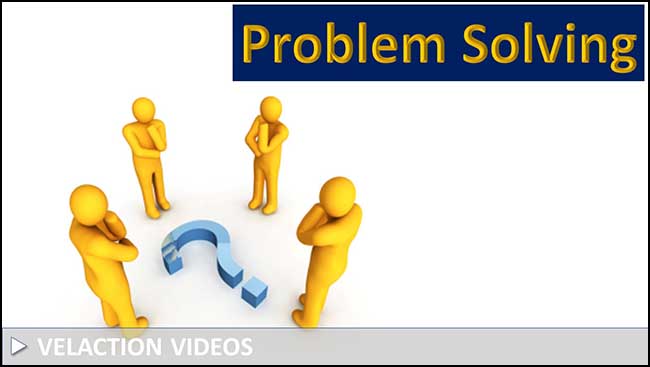Random
Random means occurring by chance. There are formal mathematical definitions regarding probability distributions, but the basic definition is how the typical non-mathematician looks at randomness.
But even with that simple definition, we often think of things as being random when they really are not. In truth, even something as simple as flipping a coin is not really random. It is governed by the laws of physics. The weight distribution of the coin, the speed of rotation, the force of the flick that launches the coin, the air density, wind, coefficient of friction on your thumb, the hardness of the surface, and a thousand other attributes actually govern where that coin will land.
In practice, though, we can’t control the force of the thumb precisely enough to manage the flip, so it is effectively random.
But there is a major takeaway for improvement efforts. You can probably pull much of what you view as randomness out of a process by controlling the variation. Standard Work, for example, rids a process of much of the special cause variation that is often perceived as randomness in an operation.
Make it your goal to leave as little of your process to random chance as you can.



0 Comments